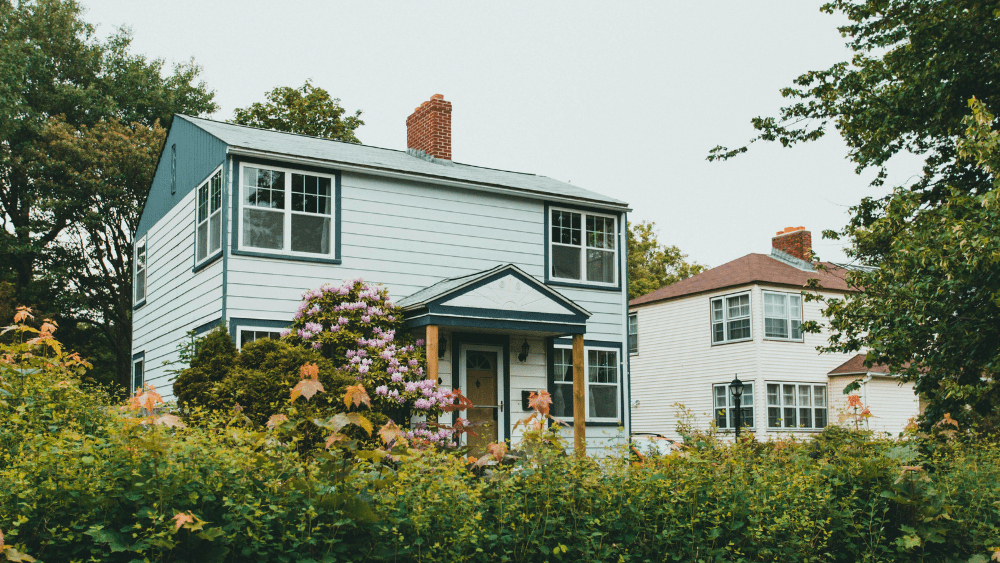
If you’re selling your home in South Carolina, you’ll need to account for closing costs. These costs consist of fees needed to finalize the sale, often shared between the buyer and seller. They include loan payoffs, property taxes, and real estate agent commissions, among others. Knowing what to expect can help you plan ahead. In this concise guide, we’ll outline how closing costs function specifically in South Carolina, breaking down what you can expect, some of the most common costs you’ll encounter, and costs specific to the state. Closing costs are the various fees you’ll encounter when wrapping up the sale or purchase of a property. These can include a range of expenses, such as property taxes or insurance, with many being standard for sellers and homeowners. However, certain fees, like transfer taxes, can vary depending on where your home is located when the sale is finalized. When selling your home, the “loan payoff amount” is the remaining balance on your mortgage that must be settled before you can complete the sale. This amount includes the unpaid principal balance, as well as any interest that has accumulated over time. Additionally, it may also cover extra fees, such as late payment charges, that need to be addressed to fully close out the loan. Knowing your loan payoff amount is essential because paying off the mortgage is a key step in the process of selling your home. Before the sale can be finalized, the mortgage lender will require this amount to be cleared, ensuring the title can be transferred without any lingering debt attached to the property. According to WalletHub, South Carolina ranks 49th in the country in terms of property taxes, placing it below states like Maine and Missouri Real estate in South Carolina is taxed at a rate of 0.52%, with a median home value of $390,000. To get a better idea of what you might owe, consult a property tax calculator.What are closing costs?
Mortgage/Loan payoff amount
Property taxes



